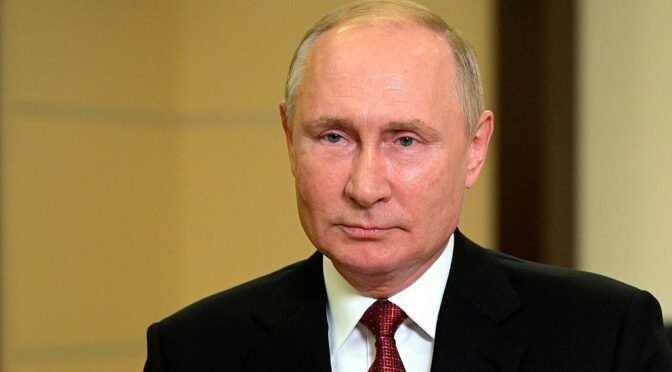A version of this article was published in The Daily Express, 16 March 2022. © Richard Kemp
British defence sources say Putin’s forces may only be able to fight on for another 14 days. After failure to achieve the rapid capitulation he no doubt expected from Zelenskiy, several days ago Putin said his terms for ending the war are now Russia’s retention of Crimea and the Donbas region and a guarantee by Zelenskiy that Ukraine will not join NATO. Yesterday, Zelenskiy said he recognised Ukraine will never be in NATO. He previously suggested he would be willing to compromise on the status of the Donbas and Crimea.
Since the momentum of Moscow’s advance has slowed, the Russians have turned to ever more vicious use of airpower and artillery. Putin’s forces have not displayed the fighting prowess many expected and their losses have been relatively high. But, despite stiff Ukrainian resistance, there is still much more to come. If the British assessment is correct, a huge amount of death and destruction can still be inflicted on Ukraine in two weeks.
Putin is not likely to withdraw his forces until he has achieved his new, more minimalist terms, and can declare victory. With his grip on power and virtually unchallenged control of Russian media he will be able to spin his gains as a success.
There have been indications in recent days that both sides are now getting serious about peace negotiations. But that, and the public concessions by both Putin and Zelensky, does not mean we will see a quick end to the bloodshed. Even if Putin’s terms are met, he will want more. He will be looking for agreement by the West for an end, or at least initially a significant relaxation, of the sanctions on Russia which are beginning to bite hard.
He will also want to use the unprecedented leverage the prospect of peace gives him against NATO and the EU, which have been looking on in dismay, with military impotence and weak-sounding public guarantees to Putin that they will not intervene. He will seek undertakings from NATO to pull back in eastern and northern Europe, and for the EU to repudiate future Ukrainian membership, even if only made behind closed doors. Such demands, when set against many more thousands of deaths and millions of refugees, will be hard for European and US leaders to resist.
If peace is agreed on Putin’s current terms, this will still be a victory for him, especially if sanctions are eased. It will also deter NATO, whose diplomatic resolve in the face of such appalling violence is likely to melt away when it ends.
Image: Wikimedia Commons

